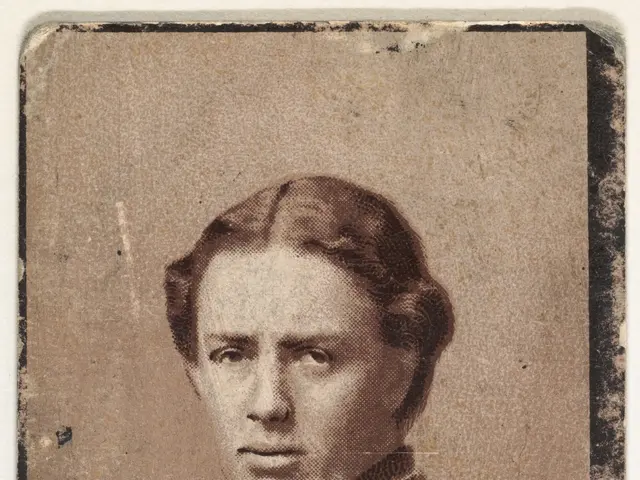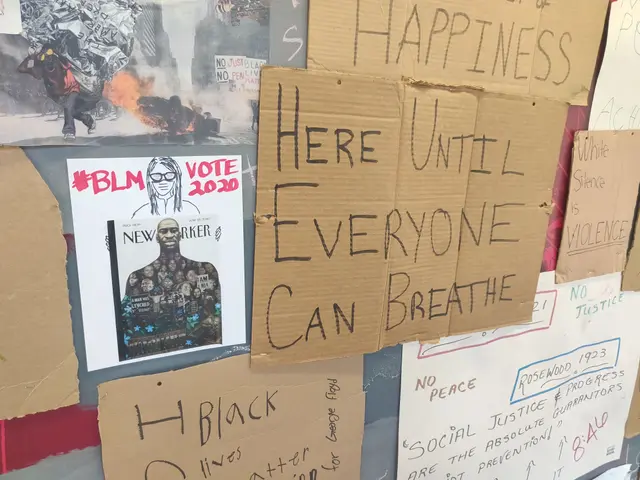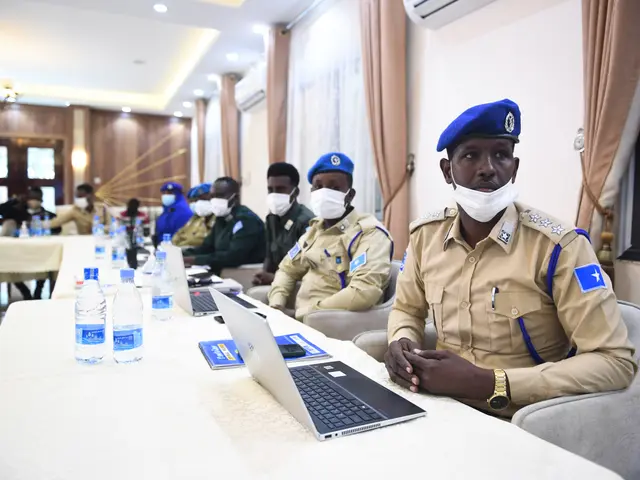Remarks from Survivors of Clinical Death: Their Experiences
USA Resident Recounts Experience During Clinical Death
Brianna Lafferty, a resident of the United States, shared her account of spending eight minutes in a state of clinical death. Her heart had stopped, and doctors considered her clinically dead at the time.
Speaking about her experience, Lafferty shares an altered perspective on life, time, and reality. Suffering from a rare and severe neurological condition known as myoclonus-dystonia, her heart abruptly stopped several years ago. As she remembers, she heard a voice inquiring if she was ready before losing consciousness and experiencing darkness.
"I felt myself departing from my body, but I was more alive than ever. Time lost its essence, and only a feeling of serene tranquility, clarity, and... love remained," Lafferty recollects.
University of Michigan researchers posit that the vivid visions and 'voices' experienced during clinical death may arise from a surge in brain activity during such instances [1].
While in this timeless space, Lafferty describes sensing an intelligent force and encountering beings whose nature she cannot specify. Though uncertain of their origin, they seemed familiar. "It felt like I witnessed the commencement of everything. I learned that the universe consists of numbers," she continues.
Scientists like Dr. Stuart Hameroff believe that consciousness might persist at the quantum level in the microtubules of brain cells [2]. Some researchers attribute the vivid experiences during clinical death to pharmacological effects or the brain's reaction to stress.
Following her return to life, Lafferty discovered a changed outlook. No longer wanting to fear death, she now tackles stress with a lighter hand and prioritizes purpose over fleeting pursuits. "I am no longer running away from life – I am present in it," she asserts.
Research shows that people who have experienced clinical death often lose their fear of death, partly due to changes in perception, reduced anxiety, and increased self-awareness [4]. Lafferty herself attributes these newfound strengths to her life-altering experience.
Despite the challenges of relearning basic skills like walking and speaking after her incident, Lafferty acknowledges the experimental brain surgery needed due to damage to her pituitary gland. Even so, she finds the prospect of going through such an experience again intimidating not because of death but due to the intricate recovery process.
- "What about the supposed connection between clinical death experiences and elements of science, like the theories suggesting consciousness persists at the quantum level in brain cells?"
- "Brianna Lafferty's encounter with beings during clinical death made her reconsider health-and-wellness approaches, prioritizing mental-health over fleeting pursuits and handling stress more gently."
- "In exploring fitness-and-exercise routines post-clinical death, Brianna Lafferty found it daunting not because of the physical challenges but due to the arduous recovery process ahead."







